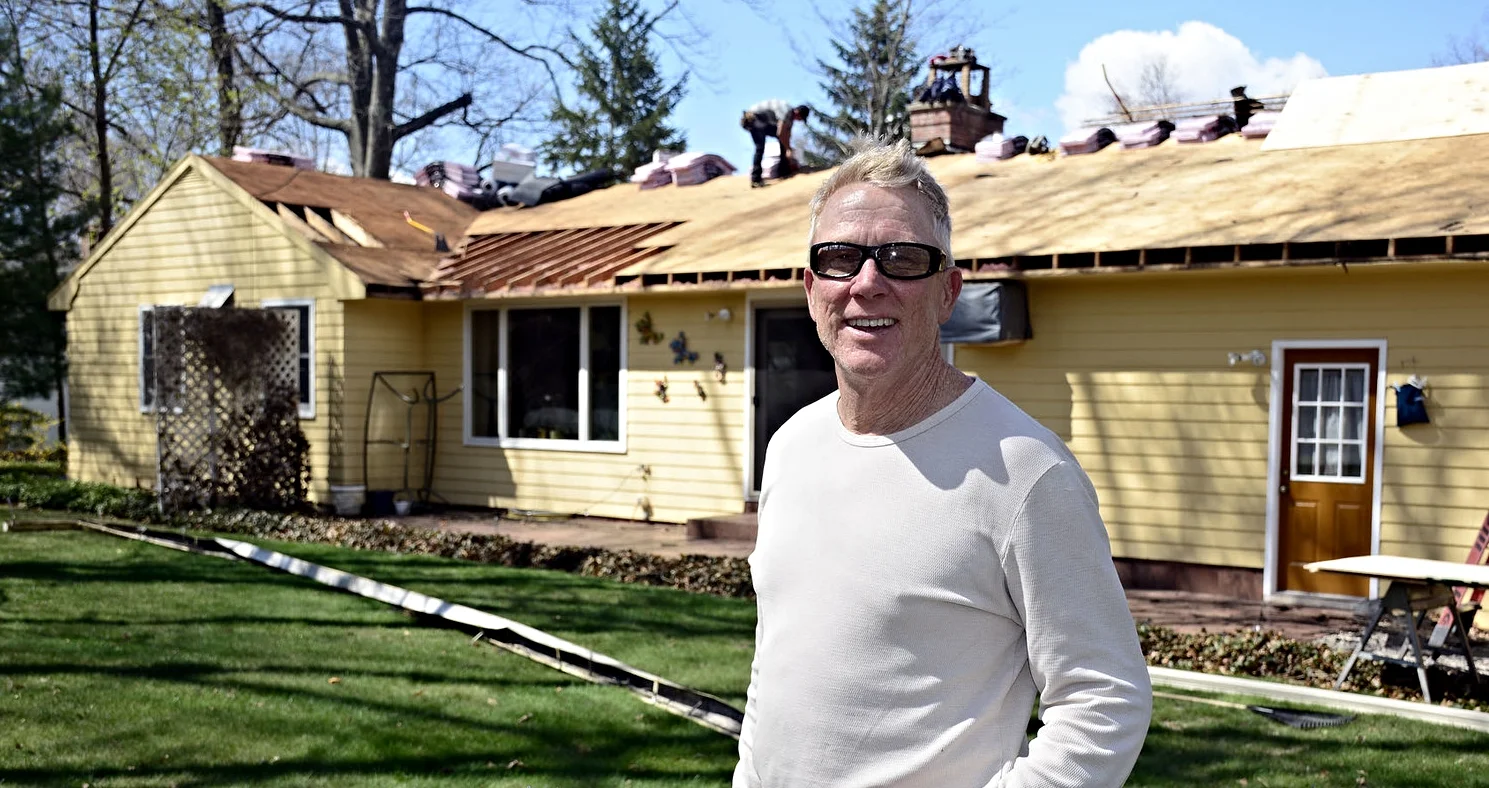What’s New in Deck Design This Summer
Chelsea O'Donnell
Summer in Connecticut is a great time to enjoy your outdoor space and for many homeowners, that means spending time on the deck. Whether you already have one or are thinking about building or upgrading, today’s deck designs offer more options than ever before. Here are some of the most popular trends we’re seeing this year and what you should consider if you’re planning a project.
1. Low-Maintenance Composite Decking
One of the biggest shifts in recent years is the move from traditional wood to composite decking. Composite boards are made from a mix of recycled plastic and wood fibers, and they’re designed to look like natural wood without all the upkeep. They won’t splinter, rot, or fade as quickly, and they don’t require staining or sealing every year. That makes them a great choice for homeowners who want to enjoy their deck without a lot of maintenance. The downside? They tend to be pretty pricey.
2. Natural Wood Still Has a Place
While composite decking is growing in popularity, many homeowners still prefer the look and feel of real wood. Cedar, pressure-treated pine, and even hardwoods like ipe are still solid choices. Just be aware that wood decks will need more regular maintenance, especially with our New England weather, which can be hard on exposed wood surfaces.
3. Built-In Features for More Functionality
Decks are no longer just platforms with railings. More homeowners are adding built-in benches, planters, and even lighting to make the space more functional and enjoyable. In Connecticut, where the weather can change quickly, adding a pergola or covered section can provide shade and shelter during light rain or strong sun.
4. Railing Options That Improve the View
Traditional wood railings are giving way to more modern options like cable railings, aluminum, or even glass panels. These choices help open up the space and improve your view of the backyard or nearby woods without compromising safety.
5. Planning for Storms and Drainage
With frequent summer rainstorms and occasional severe weather, it’s important to think about how your deck will handle water. Proper slope, drainage systems, and weather-resistant materials can help protect your investment and extend the life of your deck.
Things to Consider Before Starting a Deck Project
Budget: Composite decking is more expensive up front but requires less maintenance. Wood is cheaper to install but will need more ongoing care.
Location: If your home is near the shoreline or exposed to high humidity, look for materials that resist moisture and salt air.
Permits: Connecticut towns have specific building codes for decks. Be sure to check local regulations and get the proper permits before starting.
A new or upgraded deck can add both value and enjoyment to your home. Whether you’re looking for a quiet place to relax or an outdoor space to entertain family and friends, today’s decking options make it easier than ever to create something that works for your lifestyle.
Bob O’Donnell is the owner of O’Donnell Bros. Inc., a Bristol-based home improvement company established in 1975. Email your questions to info@odonnellbros.com with the subject line “Ask the Pro.” All questions may be considered for publication. For remodeling inquiries, call (860) 589-5155 or visit www.odonnellbros.com. Advice is for general guidance only.
